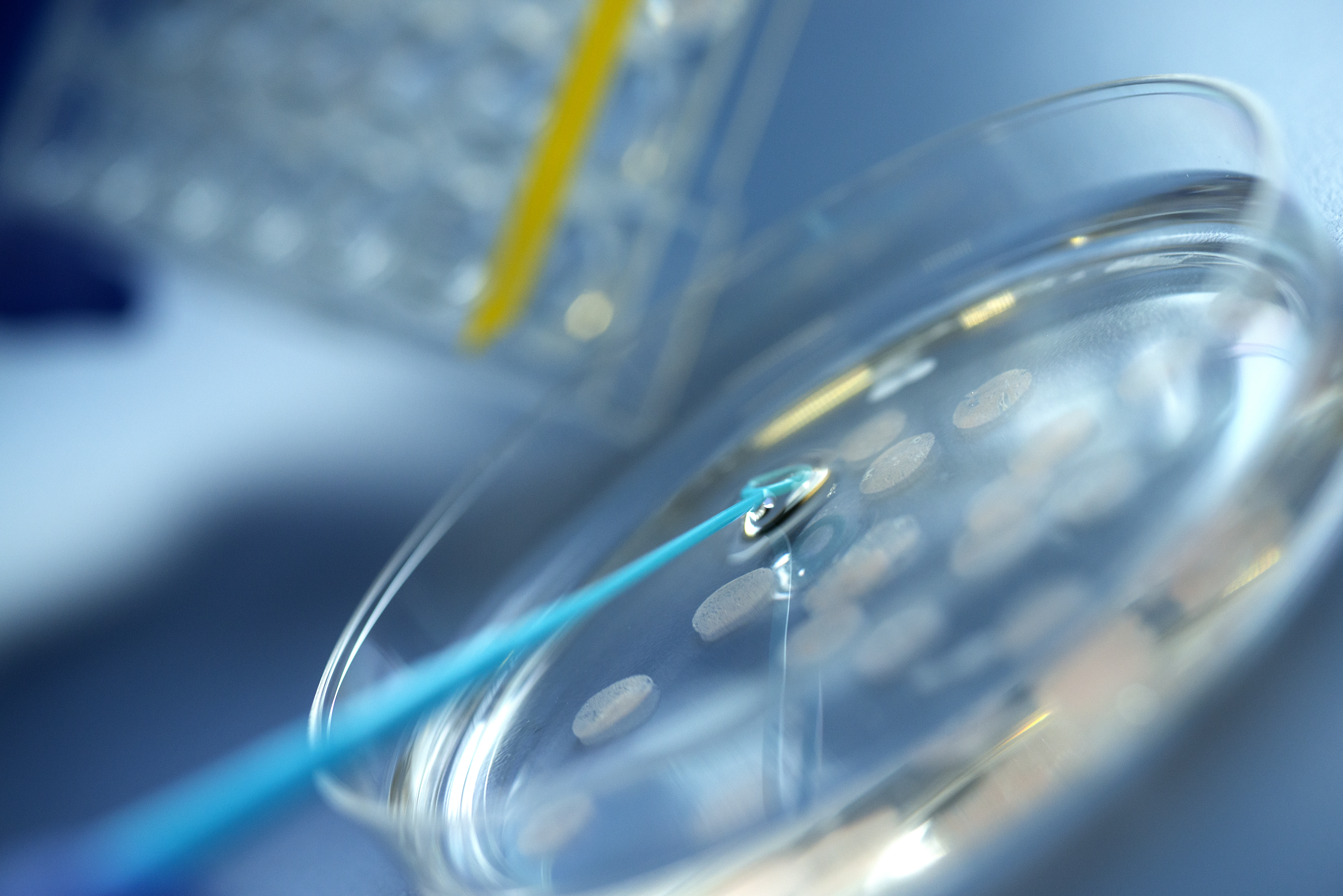Acetylsalicylic acid and salicylic acid inhibit SARS-CoV-2 replication in human precision-cut lung slices

Aspirin, with its active pharmaceutical ingredient acetylsalicylic acid, displays antiviral activity against rhino- and influenza viruses when administered at high concentrations. Together with researchers from Julius Maximilians University of Würzburg, Katherina Sewald and her team have investigated whether acetylsalicylic acid and its metabolite salicylic acid inhibit SARS-CoV-2 replication, as the pathways this virus uses may be similar to those used by influenza viruses. The cells treated with the two compounds were infected with SARS-CoV-2 and virus replication was analyzed by RTqPCR. The compounds suppressed SARS-CoV-2 replication in cultured cells and in human precision-cut lung slices by two orders of magnitude. While acetylsalicylic acid and salicylic acid did not prevent viral entry into cells, they led to reduced viral RNA expression after 24 hours – indicating that the compounds inhibited post-entry pathways. Whether acetylsalicylic acid and salicylic acid might also decrease viral loads in patients still needs to be investigated in prospective clinical trials.
Read the abstract or PDF version.
 Fraunhofer Institute for Toxicology and Experimental Medicine
Fraunhofer Institute for Toxicology and Experimental Medicine